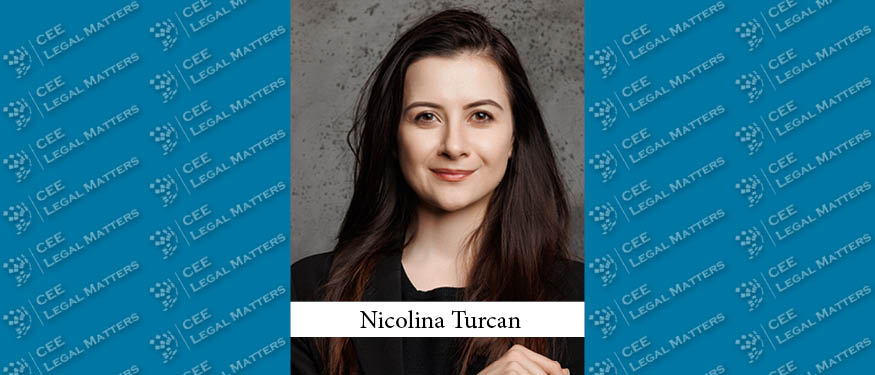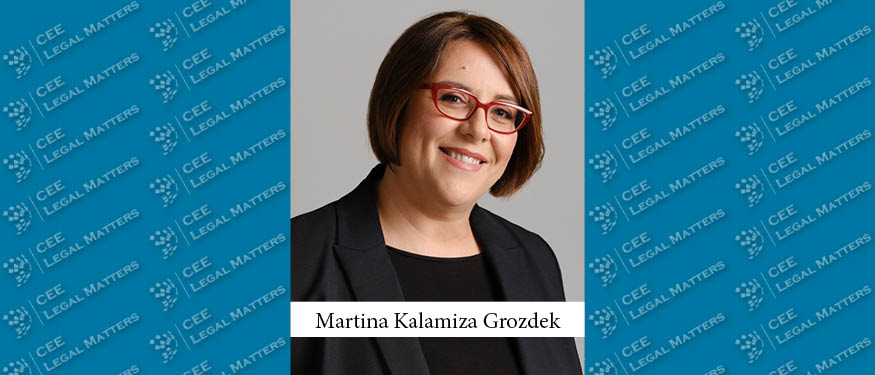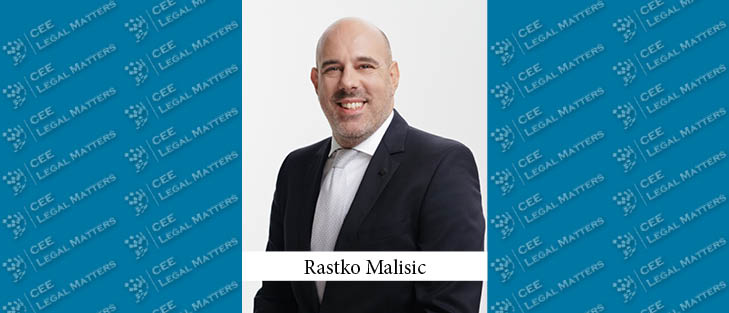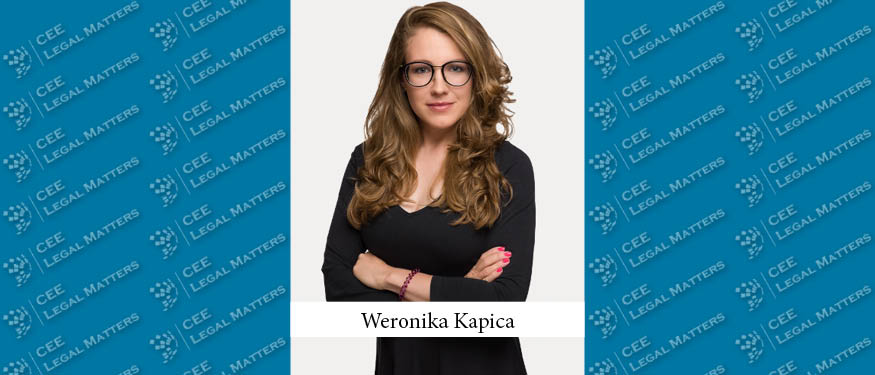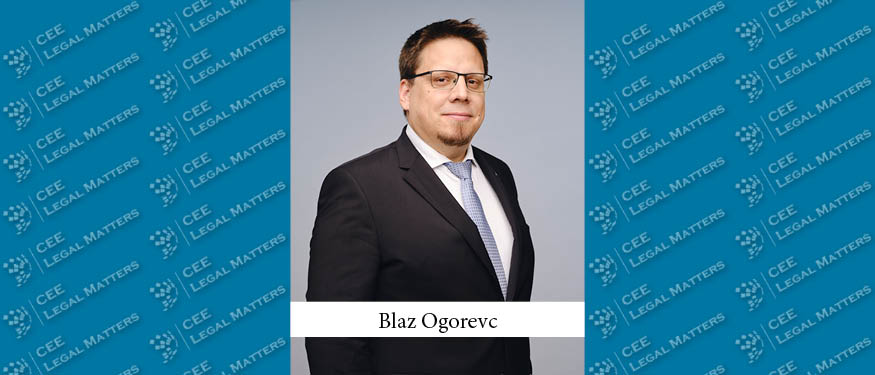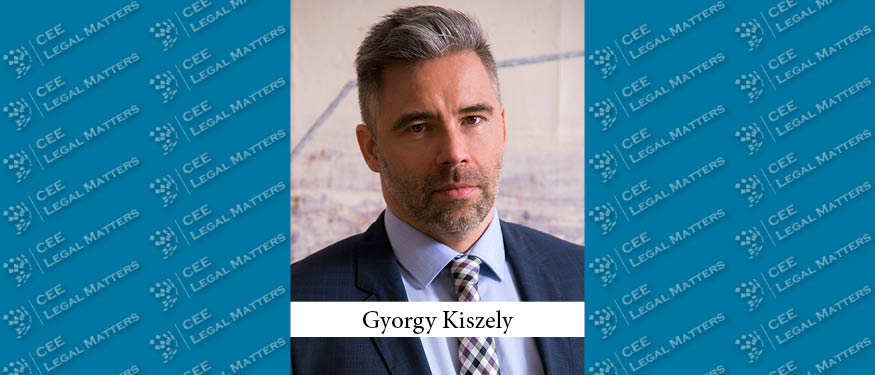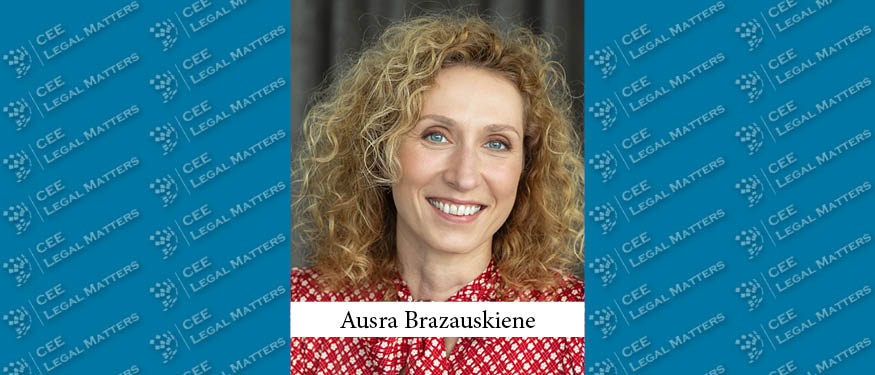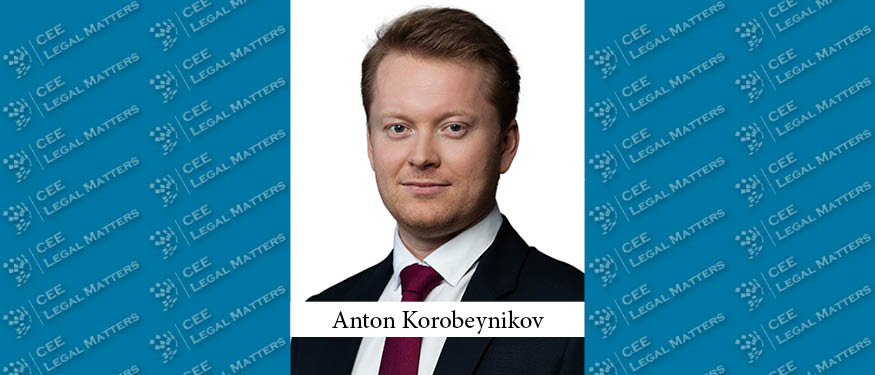Did you know that corporate bonds in Moldova are unlocking a financial transformation, raising millions for businesses, and opening doors for investors? For years, Moldova’s capital markets have been characterized by limited activity, primarily consisting of equity securities and government bonds. The emergence of corporate bonds marks a significant turning point, signaling a transformation in the country`s financial ecosystem. Recent regulatory reforms and successful stories of bond issuances are redefining the market, creating new investment opportunities for market participants.
Croatia: Physical Cash Pooling Arrangement or Loan Agreement?
Cash pooling arrangements allowing companies to optimize their cash and better manage liquidity have been present as part of the financial product offered by banks to their clients for some time now.
Serbia: A New Hope – Reviving the Country’s Capital Market
The investment volume curve concerning Serbia’s capital markets and trading on the Belgrade Stock Exchange is on a downward trajectory as of the end of the second round of mass privatizations and the start of the 2008-2009 economic crisis.
Poland: Implementing the NPL Directive – Challenges and Opportunities
The inherent volatility of the financial market offers many opportunities but also poses significant risks. Following the 2007-2008 financial crisis, legislators in the European Union struggled to contain the non-performing exposure (NPE) cycle through legislative action.
Slovenia: Financing Snapshot
Slovenia’s financing landscape over the past couple of years has been characterized by the expansion and consolidation efforts of Hungary’s OTP banking group, resulting in the market being headed by two comparably large institutional players: NLB and OTP. In fact, consolidation in the banking sector could have easily been the talk of the year had it not been for the increased financing costs fueled by relatively high interest rates combined with volatile energy prices that have been causing headaches for the economy on all levels.
Romania: New Rules on Interest Limitation for Non-Bank Financial Institutions and Loan Claim Assignments
Aiming to protect consumers from potentially excessive interest rates applied by Romanian non-bank financial institutions (NBFI) and to ensure increased transparency in loan claim assignments, in November 2024, Romania enacted Law 243/2024 on consumer protection regarding the total cost of credit and assignment of claims (Law 243/2024).
Hungary: The (Scheduled) End of UBO Anonymity of Private Equity Funds in Hungary
Private equity funds have become an increasingly popular investment vehicle in Hungary since the late 2010s, currently, the register of the National Bank of Hungary shows more than 165 private equity funds registered in Hungary. Although the availability of specific statistics is limited, based on the partial data, it can be estimated that the total assets of Hungarian private equity funds are roughly around HUF 3 trillion, i.e., close to 4% of the nominal GDP of Hungary.
Greece: Banking & Finance – A (Green) Sea of Opportunities?
Over the recent years, Greece has taken significant steps in stabilizing its banking sector, owing to several regulatory reforms and a strengthened capital position of its banks. Moody’s revision of the country’s outlook to “positive” in September 2024 is mainly attributed to the recovery of the Greek banking sector and the country’s strong economic performance.
Czech Republic: Cybersecurity and Financial Institutions in Light of DORA and NIS2
The DORA regulation (Regulation (EU) 2022/2554 of the European Parliament and of the Council of 14 December 2022 on digital operational resilience for the financial sector) is an essential piece of European legislation aiming to bolster cybersecurity within the EU.
Turkiye: Non-Performing Loans – Regulatory Landscape and Industry Impact
Turkiye has long had one of the lowest non-performing loan (NPL) rates in Europe, but recent years have seen some ups and downs. Between 2017 and 2020, the rate fluctuated between 3.25% and 3.46%. During the pandemic, the rate dropped significantly as borrowers benefited from extended loan payment schedules. Thereafter, the rate rose briefly before falling below the European Union average of 2.27% in 2023. Since the beginning of 2024, however, rising interest rates have pushed the NPL rate back up, to 1.71%. Experts expect the rate to rise to 2.5% by the end of the year, above the EU average and a challenge for borrowers and lenders.
Austria: Digital Operational Resilience Act (DORA) – Opportunities and Challenges
The Digital Operational Resilience Act (DORA) is a central component of the EU’s Digital Finance Package. The aim is to enhance information and communications technology (ICT) security and digital operational resilience in the financial sector. Financial institutions and ICT service providers have until January 17, 2025, to fully implement the requirements.
Lithuania: The Launch of the Markets in Crypto-Assets Regulation
The Markets in Crypto-Assets Regulation (MiCAR) has just been launched, and this brings big changes for crypto-asset markets in the European Union. MiCAR applies to both crypto-asset service providers (CASPs) and crypto-asset issuers, but it focuses mainly on CASPs due to the higher risks involved with their activities. Each EU member state has the option to set its own transition periods for implementing the CASP regulations.
Latvia: Third-Party Assets Held by a Credit Institution in Cases of Insolvency
A credit institution typically possesses funds belonging to depositors. However, there may be situations when the institution also holds property that belongs to third parties. This article aims to examine the concept of third-party property in the case of a credit institution’s insolvency.
Ukraine: The Changing Landscape of Cross-Border Finance
The Russian aggression against Ukraine has reshaped the landscape of cross-border finance in the country. While the initial shockwaves of the conflict saw financing dry up almost entirely, with most support directed toward the government, a gradual but significant shift has occurred.
Domicile of an Arbitral Award – What Does and What Does Not Influence It
The distinction between a domestic and a foreign arbitral award is important because it affects the recognition, enforcement, and legal remedies available under Serbian law. The domicile of the award is determined by the seat of arbitration and the law applied to the arbitral proceedings.
Cyber Fraud Cases and Methods Increase During Periods of Uncertainty. What Are the Steps To Follow If You Have Been a Victim of the New Smishing Attacks?
The White-Collar Crime Department of the law firm Musat & Asociatii, having a wide expertise in cybersecurity and in providing legal assistance and representation in complex cases involving cyber fraud, informs its clients and the general public about a newly emerging method of smishing (phishing via mobile phone messaging) in virtual space., which involves perpetrators targeting messaging and calling platform accounts (e.g. WhatsApp) with the intent of compromising and cloning them to commit various crimes.
Ukraine: Updated Regulations for Employing Persons with Disabilities
On 1 March 2025, the Law of Ukraine "On Amendments to Certain Laws of Ukraine on Ensuring the Rights of Persons with Disabilities to Work" dated 15 January 2025 No. 4219-IX ("Law") came into force, aiming to create conditions for the exercise of the right to work for persons with disabilities.
Albania Moves Forward with Draft Law to Establish the Development Bank of Albania
The Minister of State for Entrepreneurship and Business Climate has introduced a draft law for the establishment of the Development Bank of Albania (“DBA”), a specialised public financial institution designed to facilitate financing for small and medium enterprises, start-ups, and underfinanced sectors. The bank is also envisioned as a key player in promoting exports of domestic products and services, as well as supporting public projects and various infrastructure developments.

